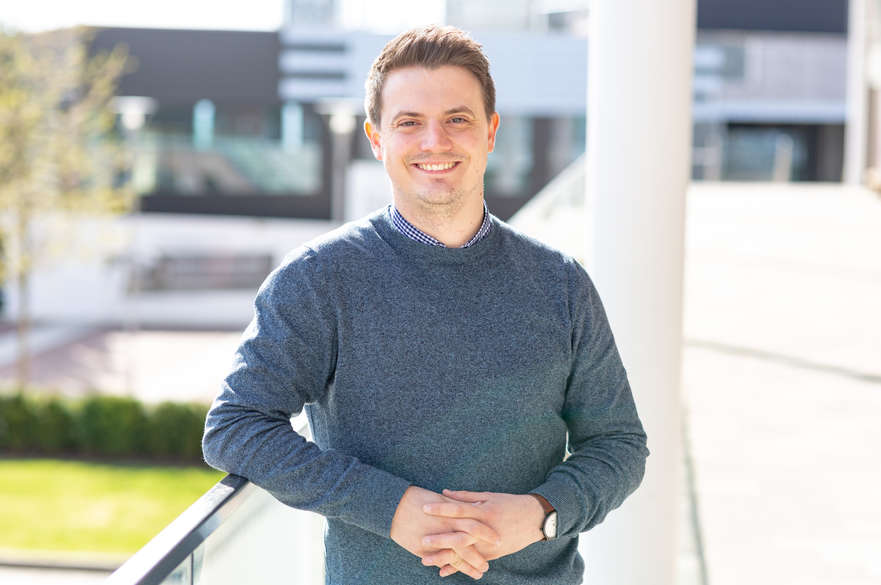Professor Paula Buttery

Paula Buttery is Professor of Language and Machine Learning in the Department of Computer Science and Technology at the University of Cambridge, and Director of the Cambridge Institute for Automated Language Teaching and Assessment (ALTA).
Paula will discuss the different ways corpora are useful in Adaptive Learning Technology, from Conversation Analysis through to Machine Learning.
The use of Corpora in Education Technology
Abstract:
From conversation analysts to machine learning engineers, corpora are an essential resource. Whether carrying out close discourse analysis or condensing language into a statistical model there are shared skills and ethical concerns between all those who make use of corpora. There are also considerable differences in what constitutes good data and good methodology. In this talk, I will discuss how corpora have been utilised by a range of linguistic disciplines when building educational resources. I come to the conclusion that, in order to build high quality Intelligent Education Technology, we must harness the growing power of AI but also model the learner by embracing all disciplines that have language data at their core.
Dr David Wright

David Wright is Senior Lecturer in Linguistics at Nottingham Trent University. His research applies methods of corpus linguistics and discourse analysis in forensic contexts and aims to help improve the delivery of justice using language analysis.
David will discuss the traditions and trends of the use of corpora in forensic linguistics.
On the use of corpora in forensic linguistics: traditions and trends
Abstract:
Corpus linguistics played a major role in the advent of forensic linguistics. Jan Svartvik (1968) used a corpus approach to analyse the authorship of the witness statements attributed to Timothy Evans in a murder case, the report of which is often cited as the first published mention of ‘forensic linguistics’. Some 25 years later, Malcolm Coulthard (1994) used corpora and corpus methods in the analysis of the now infamous Derek Bentley statement which was published in the inaugural issue of the journal Forensic Linguistics (now called The International Journal of Speech, Language and the Law). In the years since, corpus linguistics has taken more of a back seat in the growth of forensic linguistics than might have been expected given its early input. In this talk, I outline some of the reasons why this might be the case and look forward to how the future of corpus assistance in forensic linguistics might be shaped. In particular, I set out three potential and interdependent routes: (i) increase efforts to better consolidate the work that is being undertaken across different fields of language and law, (ii) seek new, publicly available datasets that are currently untapped for forensic purposes and, (iii) expand the remit of ‘forensic linguistics’ to facilitate new developments in the use of language analysis to improve the delivery of justice.